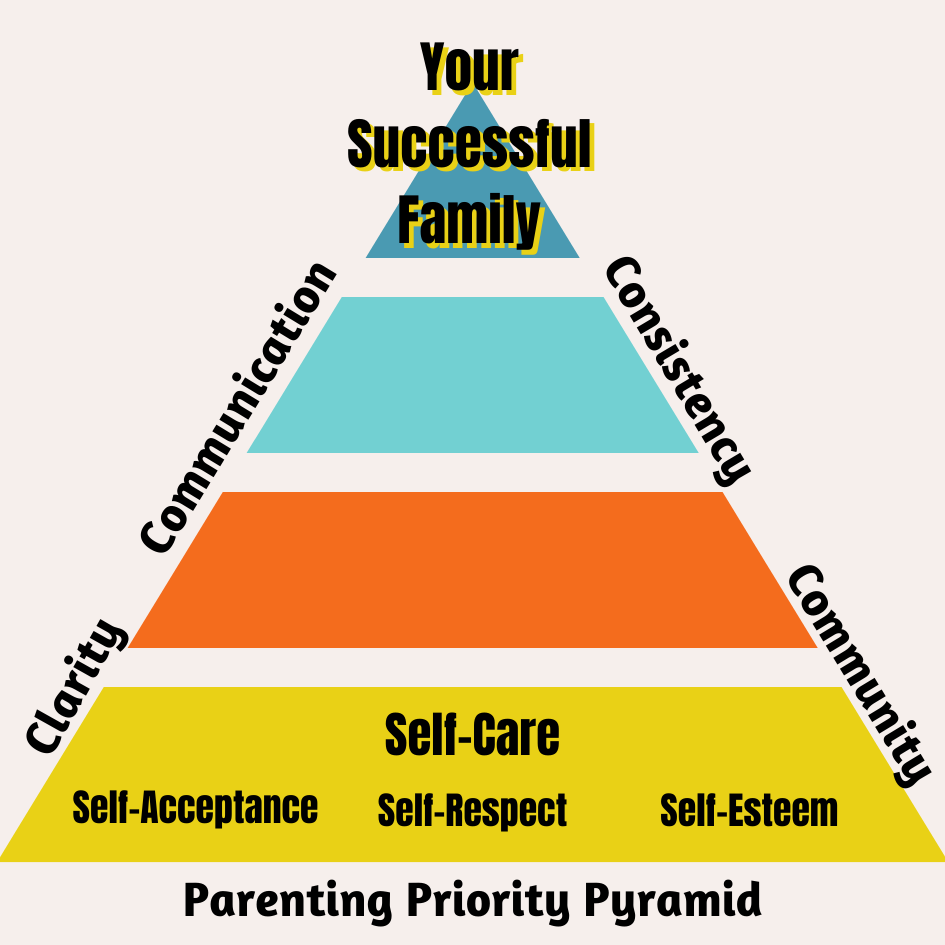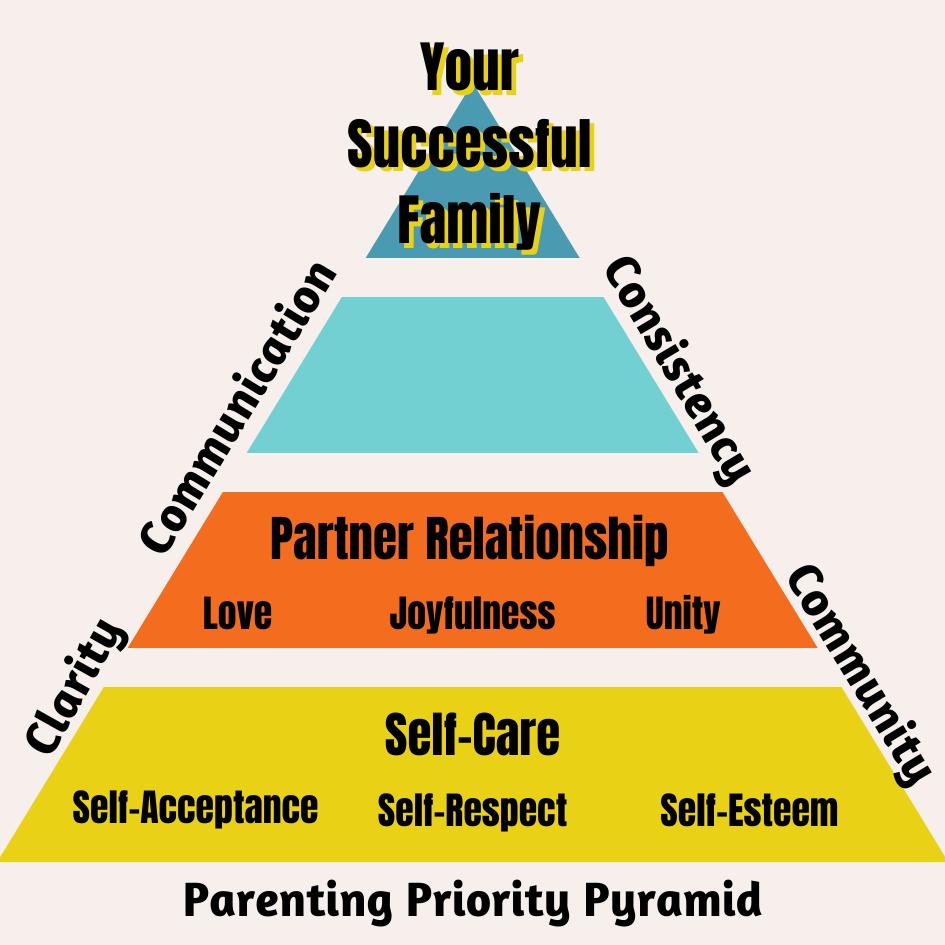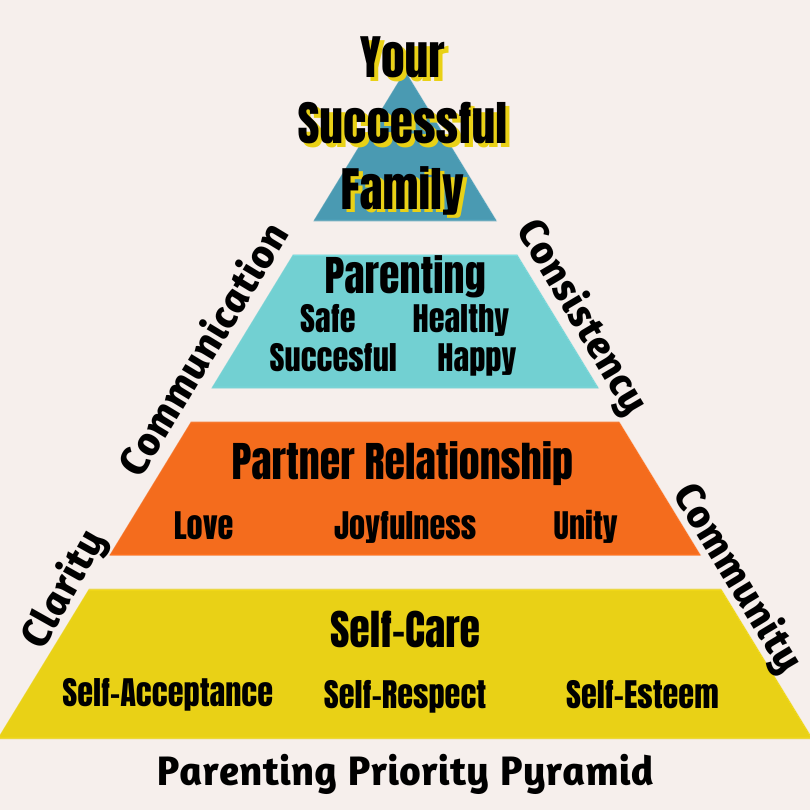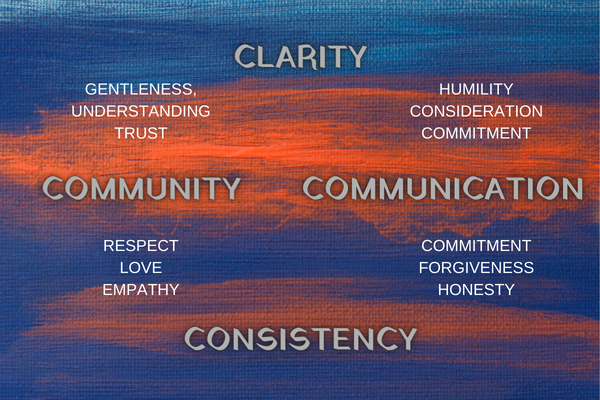
Becoming Fearless Parents: Navigating the Journey with Toddlers
Parenting is a remarkable journey, one that is filled with joy, wonder, and, yes, fears. The fears we experience as parents are a testament to the depth of our love and care for our little ones. As you embark on the adventure of parenting a child aged 0-3, you may find yourself grappling with a unique set of fears that can profoundly impact your physical, mental, and emotional well-being.

But here’s the good news: You are not alone in your fears. Countless parents have walked this path before you and emerged stronger and more resilient. Together, let’s face these fears with empathy and understanding as we prepare to welcome the newest, most precious addition to our families.
In this exploration, we’ll delve into the top three fears parents often encounter during the early years of their child’s life:
1. Child’s Health and Safety: During the toddler years, it’s perfectly natural to worry about your child’s health and safety. The world can seem like a minefield of potential hazards, from sharp corners to common childhood illnesses. These concerns are a sign of your commitment to keeping your child safe and healthy. We’ll share insights on creating a safe home environment, staying informed about child development, and seeking advice from pediatricians to provide peace of mind.
2. Sleep and Routine: Sleepless nights and erratic routines can be exhausting for parents of young children. Many fear they won’t get enough rest or be able to establish a consistent routine for their child. Rest assured, you’re not alone in this struggle. We’ll discuss patience, effective routine-building strategies, and the importance of a supportive network of family and friends to help parents navigate this challenging phase. See this article for ideas. New Mom Sleep Survival Guide
3. Parental Guilt: Ah, parental guilt—a feeling that creeps in when we fear we’re not doing enough for our child’s development. It’s essential to remember that every child is unique, and no one is a perfect parent. In this section, we’ll explore how seeking guidance from trusted sources, maintaining self-compassion, and cherishing small moments of connection can combat this common fear.
As we delve deeper into each of these fears in our article found below, remember that you are part of a community of parents who have faced similar challenges. Your love and dedication are your greatest assets on this journey. Together, we can navigate these fears, learn, and grow, emerging as stronger, more confident parents who cherish every moment of our child’s precious early years.
To read the full article and discover how to navigate these fears with strength and grace, download PDF,
Becoming Fearless Parents: Navigating the Journey with Toddlers (0-3)
Do you have other children?
Becoming Fearless Parents: Conception to Birth.
Becoming Fearless Parents: A Compass for Parenting Preschoolers (4-6)
Becoming Fearless Parents: Guiding Your Child Through Elementary and Middle School (7-12)
Becoming Fearless Parents: Empowering Your Teenager for Success (13-18)













